Use this lab equipment activity to identify different types of science tools by matching vocabulary terms, pictures, and definitions.
Looking for a Science Lab Equipment Activity?
Are your students excited to dive into science experiments? Asking questions about the world, forming a hypothesis, and testing with an experiment is an excellent way for students to use critical thinking and problem-solving skills. When conducting even basic science experiments, some sort of lab equipment is typically involved. Teach Starter has created a Lab Equipment Activity for your students to practice identifying some of the common types of lab equipment.
Vocabulary terms include:
- Microscope
- Beaker
- Test tube
- Thermometer
- Triple balance beam
And more!
To use this lab equipment activity, students will match each picture with the appropriate lab equipment name and definition. Write the letter on the matching equipment card on your recording sheet.
Through this activity, students will practice identifying different types of science lab equipment.
Easily Prepare Lab Equipment Vocabulary Activity
Downloading this lab equipment vocabulary activity is a breeze! Use the dropdown icon on the Download button to choose between the color PDF, black and white PDF, or editable Google Slides version of this resource. A recording sheet and answer key are also included with this download.
Print on cardstock for added durability and longevity. Place all pieces in a folder or large envelope for easy access.
This resource was created by Kaylyn Chupp, a teacher in Florida and a Teach Starter Collaborator.
More Lab Equipment Activities for the Classroom
Don’t stop there! We’ve got more lab equipment activities and resources that cut down on lesson planning time:
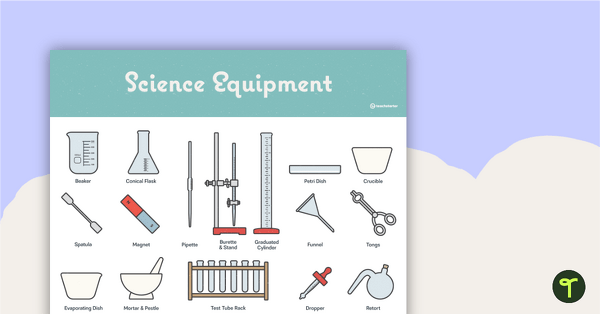
teaching resource
Lab Equipment Poster – Diagram with Labels
A poster containing a diagram with labels showing standard lab equipment.

teaching resource
Triple Beam Balance Scale Poster – Diagram with Labels
A poster containing a diagram with labels showing the key parts of a triple beam balance scale.
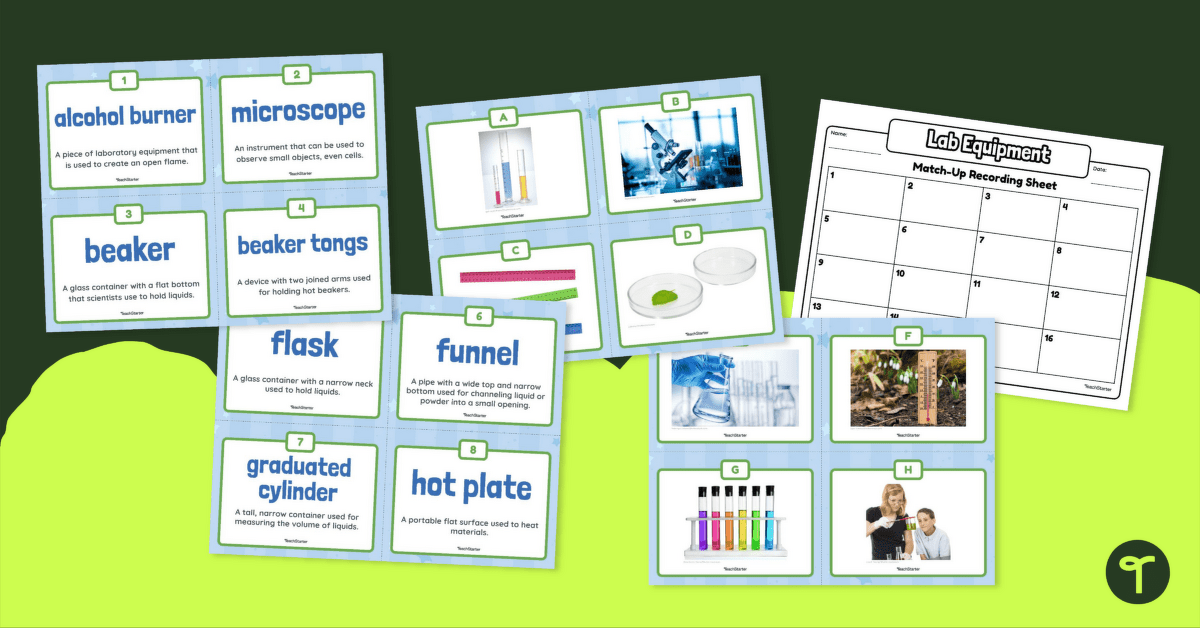

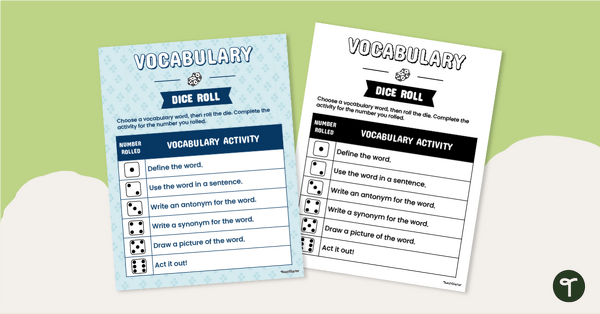
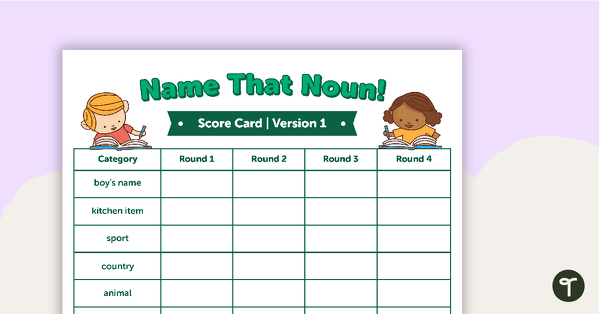
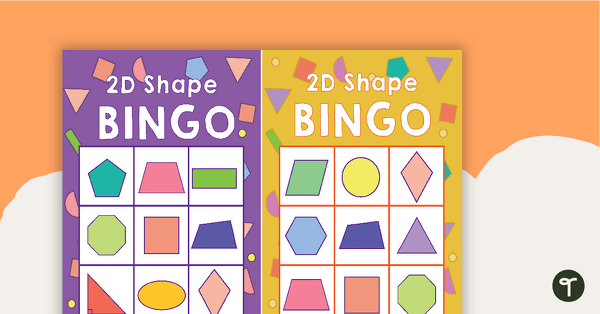

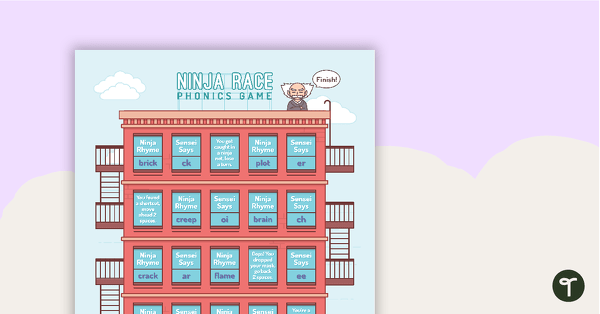
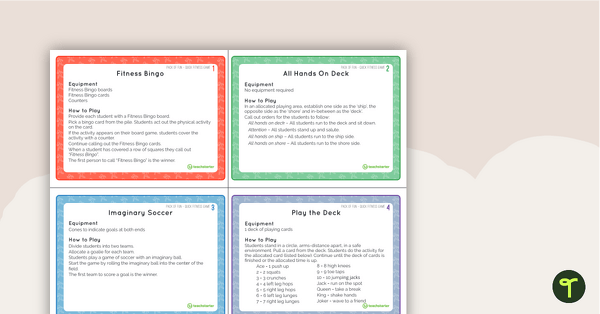
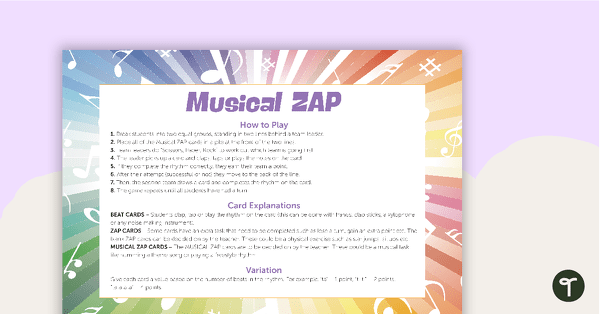
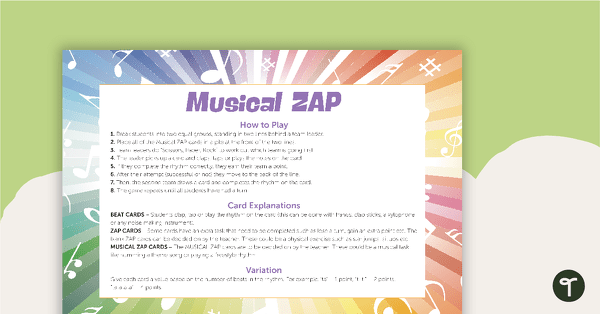
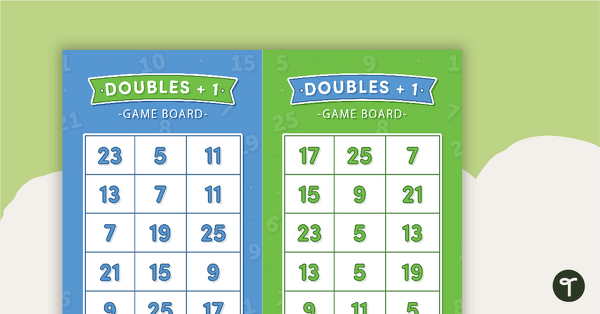
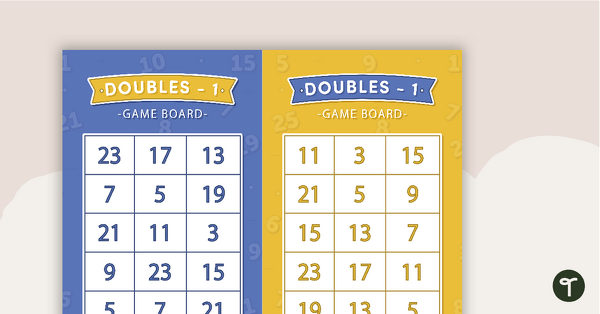
0 Comments
Write a review to help other teachers and parents like yourself. If you'd like to request a change to this resource, or report an error, select the corresponding tab above.